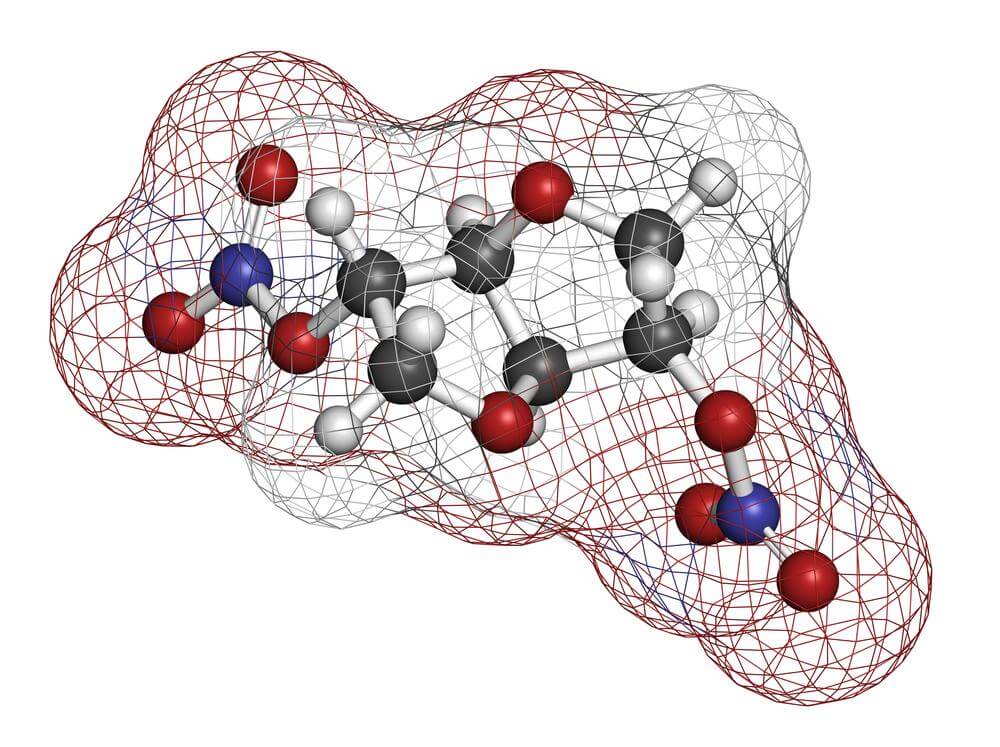Futures rollover stands as a pivotal concept in the commodities market, signifying the shift from an expiring futures contract to the subsequent contract period.
This procedure proves vital for traders aiming to uphold their positions sans physical delivery of the commodity.
It entails closing the current contract upon its expiry and concurrently initiating a new contract with a later expiration date, thereby “rolling over” the position.
How does this practice influence the pricing and volatility of commodity futures?
What is a Futures Rollover?
In simple terms, futures rollover refers to the act of switching from one futures contract to another with a later expiration date.
This process is crucial for traders because holding onto a futures contract until its expiry would require them to take physical delivery of the underlying asset, which may not be desired or feasible.
Therefore, in order to maintain their positions, traders need to close the current contract and open a new one. This rollover process is typically done before the expiration date of the current contract. Using futures contract rollover allows traders to continue speculating on the price movements of the underlying commodity without having to take physical delivery.
Impact of Futures Rollover on Commodity Prices
Futures rollover can have a significant impact on commodity prices, particularly in the short term.
When there is a high demand for a particular commodity, such as during times of scarcity or uncertainty, futures contracts with closer expiration dates tend to trade at a premium compared to those with later expiration dates.
This is because traders are willing to pay more for the contract that will expire sooner, in order to obtain the commodity sooner. As a result, the price of the current contract may rise as it approaches its expiration date.
For example, orange juice futures reflect the world’s orange supply status, and traders will often use a futures contract to hedge themselves against future price fluctuations.
However, as the contract approaches its expiry date, traders may decide to roll over their positions to avoid physical delivery of the underlying asset.
This can lead to increased demand for the later-expiring contracts, causing their prices to rise and potentially affecting the price of orange juice in the market.
Long-Term Impact
In the long term, futures rollover has less effect on commodity prices as it is primarily driven by the underlying supply and demand fundamentals.
However, consistent rollover activity can indicate a trend in market sentiment towards a particular commodity. For instance, if traders consistently roll over their positions to later-expiring contracts, it could suggest a bullish outlook for that commodity.
On the other hand, if there is minimal rollover activity or traders are consistently rolling over to earlier-expiring contracts, it could indicate a bearish sentiment towards the commodity.
This information can be useful for market analysts and investors in making informed decisions about their strategies and investments.
Other Factors Affecting Futures Prices
Besides rollover activity, there are other factors that can affect futures prices. These include macroeconomic indicators such as inflation rates, interest rates, and currency exchange rates.
Natural disasters or extreme weather conditions can also have a significant impact on commodity prices.
Government policies and regulations, such as trade tariffs and subsidies, can also affect the supply and demand for commodities.
Additionally, geopolitical events and global economic trends can influence futures prices.
Traders and investors need to stay informed about these factors and how they may impact the markets in order to make well-informed decisions.
Strategies for Dealing with Futures Rollover
There are a few strategies that traders and investors can use to manage the impact of futures rollover on their positions.
One approach is to continually monitor rollover activity and adjust positions accordingly. If there is a trend towards rolling over to later-expiring contracts, it may be advantageous to do the same in order to align with market sentiment.
Another strategy is to diversify holdings across different contract expiration dates. This can help mitigate the risk of being heavily impacted by any one particular rollover period.
Some traders also choose to close out positions before the rollover period begins in order to avoid potential disruptions and volatility.
Ultimately, the best approach will depend on a trader’s individual risk tolerance, investment goals, and market analysis. Traders need to stay informed and continually assess their positions in order to make the most strategic decisions for managing futures rollover.
Conclusion
Futures rollover is a necessary process for maintaining market continuity, but it can also present challenges for traders and investors. Understanding how rollover works and its potential impact on commodity prices is crucial for making informed trading decisions.
Also, being aware of factors that may influence rollover activity can help traders anticipate market movements and adjust their positions accordingly.
It is important to continually assess positions and have a clear strategy for managing future rollover to mitigate potential risks and maximize profits.



























